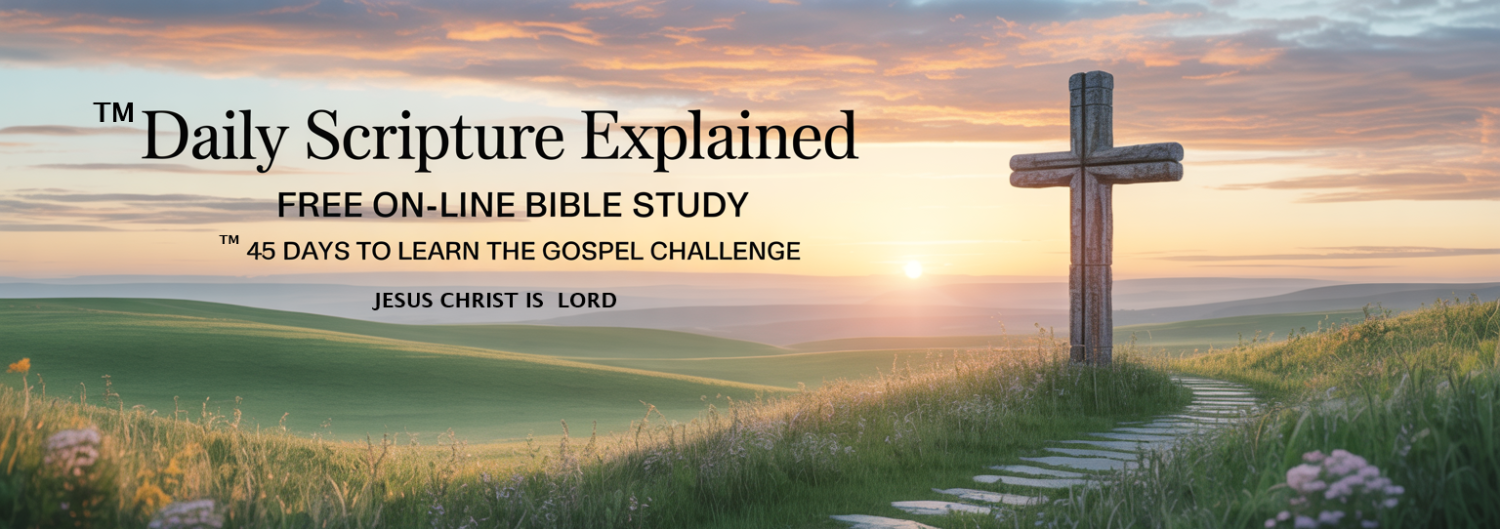Columbus Day, Indigenous Peoples’ Day, and Dispelling Myths
Translate this page and site into over 100 languages by using the Google Translate Menu on the HOME PAGE. Please subscribe to our YouTube channel and this blog. It is free. It helps. Artwork is conceptual for teaching; not literal depictions of Jesus, heaven, or hell.
In 2025, Monday, October 13 is the U.S. federal holiday Columbus Day (the second Monday in October). Many states and cities observe the same day as Indigenous Peoples’ Day instead. Federal offices and the U.S. Postal Service close; most banks follow the Federal Reserve holiday schedule.
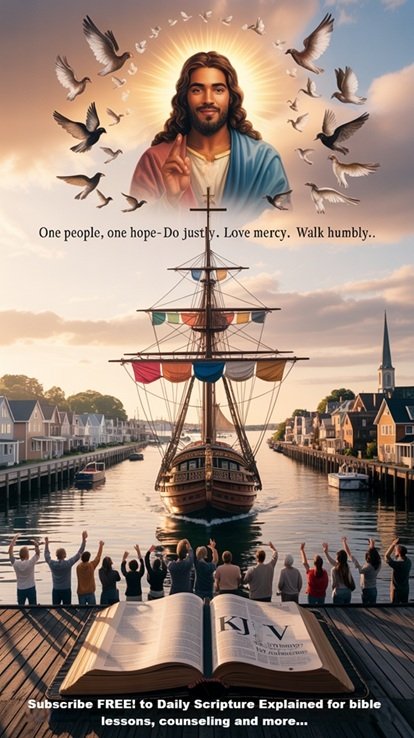
Alt tag: #Columbus Day
Many voices talk about Columbus Day and Indigenous Peoples’ Day. Some honor exploration. Others lift up the First Peoples who were already here. As Christians, we tell the whole truth: God made all nations (Acts 17:26 KJV). Indigenous peoples lived in the Americas thousands of years before Europeans.
In 1492, Columbus’s voyage began sustained European contact between Europe and the Americas, and the Columbus Exchange. That contact spread the Gospel through many workers, but it also brought great harm. We can thank God for truth, seek justice, and love our neighbors.
Short timeline
Before 1492: Indigenous peoples lived across the Americas for thousands of years.
1492–1504: Christopher Columbus, an Italian sailing for Spain, made four voyages to the Caribbean (Bahamas, Cuba, Hispaniola). He did not found the United States or land in the 13 colonies.
1565: St. Augustine, Florida became the first permanent European town in what is now the continental U.S.
1776: The United States of America was formed by the Declaration of Independence. Before that, the area was called British America / the Thirteen Colonies (and earlier, Spanish, French, and Dutch colonies).
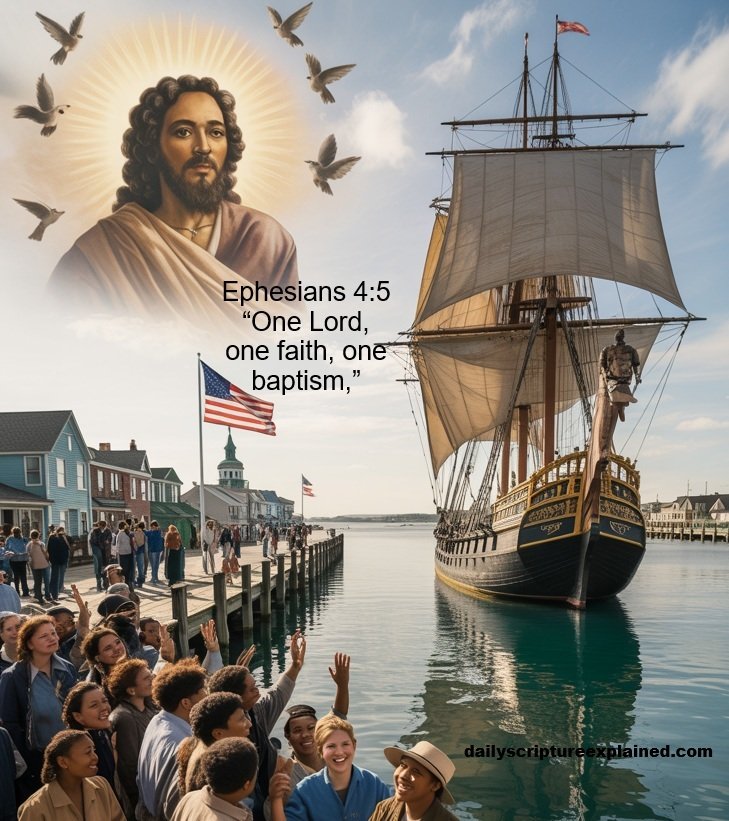
1) Did Columbus start Christianity?
Short answer: No. Christianity began in the 1st century with Jesus Christ, His death and resurrection, and the preaching of the apostles (Acts 2). By 1492, the faith had spread across Europe, parts of Africa, and Asia for many centuries. Columbus was a Catholic sailor. He did not create the faith; his voyages simply opened regular sea routes and established contacts for Europeans which later settled in, participated in trade, land builders, missionaries.
2) Who lived here before Europeans?
Indigenous peoples—many nations and languages—already lived across the Americas. The land was populated long before Columbus.
3) What are “the Americas”?
“The Americas” include North America (for example: Canada, United States, Mexico), Central America (Guatemala to Panama), the Caribbean (Cuba, Haiti, Dominican Republic, Jamaica, Bahamas, and others), and South America (Brazil, Argentina, Colombia, Peru, Chile, and more).
4) What did Columbus actually do?
Why he sailed: to find a westward sea route to Asian trade (spices, silk, and gold) and to gain support for Spain.
How he got here: Spain’s rulers (Ferdinand and Isabella) funded him. In 1492 he sailed with three ships across the Atlantic, using wind patterns.
Where he arrived: islands in the Caribbean (likely the Bahamas first, then Cuba and Hispaniola). He never founded the United States and did not land in the later 13 colonies.
What “sustained European contact” means: after 1492, ships crossed the ocean regularly. That created ongoing trade, settlements, missions, and colonial rule that linked Europe and the Americas for centuries.
5) What was traded and “connected”?
From Europe/Africa to the Americas: horses, cattle, pigs, wheat, sugar, guns, and tools
From the Americas to the world: maize (corn), potatoes, tomatoes, cacao (chocolate), tobacco, and more.
This two-way flow is often called the Columbian Exchange.
6) Did Columbus “find a place” for Europeans to live?
His voyages opened the door. After him, European empires claimed land, built ports and towns, and sent priests and missionaries—especially in the Caribbean, Mexico, Central and South America, and later parts of today’s U.S. (like Florida and the Southwest). The first permanent European town in today’s continental U.S. was St. Augustine, Florida (1565)—Spanish, not English. The United States came much later, in 1776.
Before 1776, much of what is now the U.S. East Coast was known as the American colonies (also called British America or the Thirteen Colonies). The name “America” itself comes from Amerigo Vespucci an Italian who came after Columbus; a famous 1507 map used his name. The United States of America began with the Declaration of Independence in 1776. Encyclopedia Britannica+2The Library of Congress+2
7) About the Trans-Atlantic Slave Trade
European colonization used forced Indigenous labor (like encomienda and repartimiento). As Native populations fell from war, slavery, and disease, empires turned more to the Trans-Atlantic Slave Trade.Bottom line: Native people were enslaved or forced into coercive labor in different regions from the late 1400s through the 1800s, with timing and forms varying by place. From the early 1500s, millions of Africans were trafficked to work in mines and plantations, especially in the Caribbean and South America, and later in North America. This coerced Indigenous labor plus enslaved African labor helped sustain colonial towns, farms, and wealth. This is a hard truth we must not hide.
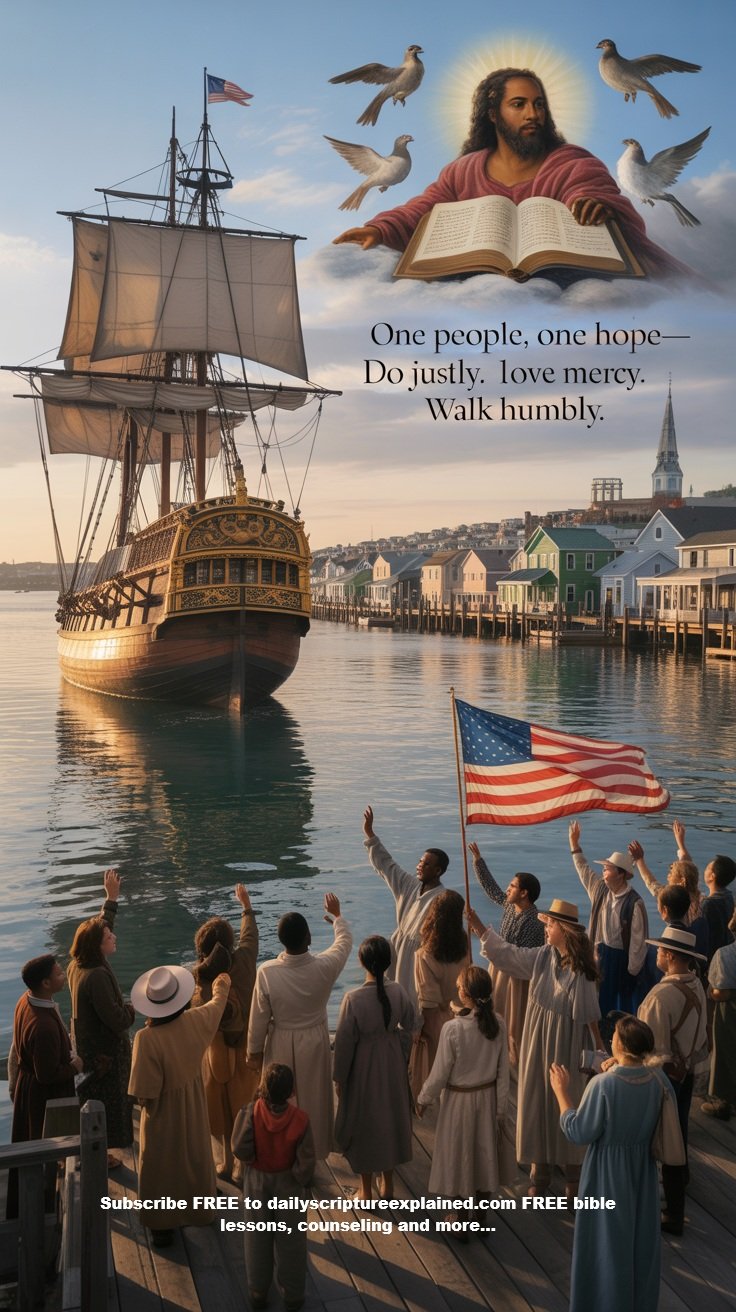
8) A Bible lens for history – Was it written to sustain the Trans-Atlantic Slave Trade?
The Bible was written long before the Trans-Atlantic Slave Trade.
Parts of the Old Testament go back many centuries before Christ; the Hebrew Bible was complete by about A.D. 100.
The New Testament books were written in the 1st–2nd centuries A.D.
So, the Bible was not written to support the slave trade. It existed many centuries earlier. Encyclopedia Britannica+1
God is sovereign: “The earth is the LORD’S” (Psalm 24:1). He made “of one blood all nations of men” and set their places (Acts 17:26 KJV).
Our mission now: In the New Testament, Christ’s kingdom is not of this world (John 18:36). Our call is to make disciples (Matthew 28:19), do justly, love mercy, walk humbly (Micah 6:8), and live peaceably (Romans 12:18).
9) Did God ever give land in the Bible to his peopl, land that was first occupied by other people who did not honor him?
Yes—at specific times and for His purposes (not because Israel was “better”). He told Moses he would inhibit the promise land but first there were cannites living there.
Read Acts 17. Paul speaks in Athens and says God made all nations and placed them across the earth so people would seek Him. This reminds us to tell history truthfully, honor every person as made in God’s image, and walk with justice, mercy, and humility (Micah 6:8).
Canaan under Joshua: Exodus 3:8; Deuteronomy 9:4–5; Joshua 21:43–45.
Sihon and Og (east of Jordan): Numbers 21:21–35; Deuteronomy 2–3; Joshua 13:8–12.
Jerusalem from the Jebusites: 2 Samuel 5:6–9; 1 Chronicles 11:4–9.
These were time-bound commands. Today, we follow Jesus by truth, love, justice, and mercy.
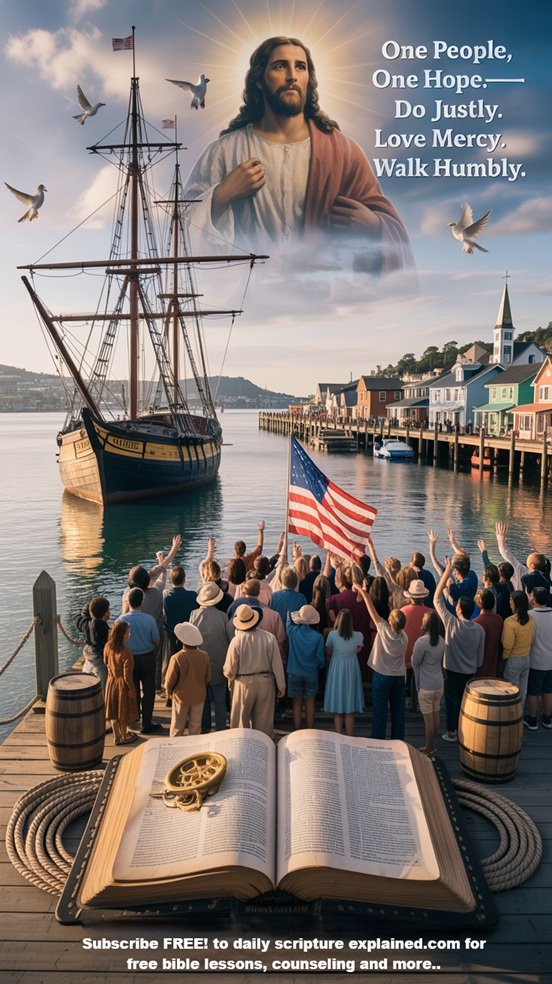
Alt tag: #Columbus Day
10. Here are positive, truth-telling reasons to mark this U.S. holiday in a way that welcomes all cultures and honors Black contribution—from slavery to freedom to leadership today.
1) Honor the builders
Enslaved Africans and their descendants built much of America’s wealth—fields, rails, roads, ports—and later powered factories, armed forces, schools, churches, and small businesses. Celebrating says: we were forced here, we built here, and we still build here.
2) Celebrate progress and promise
From emancipation to civil rights to today’s innovators, Black Americans turned suffering into strength. Marking the day can be a progress check—how far we’ve come and how far we’ll go—so our children see a future with hope.
3) Lift every culture—legally, openly, together
America is strongest when many cultures stand side-by-side under one law. Use the day to welcome neighbors, learn each other’s stories, and show that unity doesn’t erase heritage—it adds to it.
4) Tell the whole truth (that’s real strength)
We can teach the hard parts—slavery, displacement, injustice—and also the victories: HBCUs, gospel music, military heroism, medical and tech breakthroughs, arts and athletics, pastoral leadership. Truth + hope = healing.
5) Choose service over silence
Turn the holiday into action: mentor a student, support a Black- or Native-owned business, visit a museum, donate to a pantry, write your leaders, or host a prayer for unity. Stand on a biblical foundation
God “hath made of one blood all nations of men” (Acts 17:26, KJV). That means every culture has God-given dignity. We celebrate to honor image-bearers, thank God for progress, and commit to justice and mercy (Micah 6:8, KJV). Pass the torch
Our ancestors endured and advanced the nation. Celebrating with truth tells the next generation: You belong. You matter. You’re called to lead.
Reflection
What’s one story of a Black ancestor, leader, or neighbor you’ll share this week—and one good work you’ll do to bless your community?
Short prayer:
“Lord, thank You for bringing many peoples together. Help us honor our ancestors, love our neighbors, tell the truth, and build with courage. Lord, help me tell the truth in love, and follow Jesus in all I do. Amen.
Takeaway
Columbus Day marks the 1492 landing and the start of regular contact between Europe, and the Americas, European colonization and established the Columbus Exchange (trade).
Indigenous Peoples’ Day honors Native peoples who were already here.
Christianity did not start with Columbus—it began with Christ and spread long before 1492.
Exploration brought trade and missions, but also slavery and loss.
Let us learn honest history, share the Good News with humility, and love our neighbors well.
Keywords: transatlantic slave trade, Indigenous slavery, African diaspora history, Middle Passage, Columbian Exchange, encomienda system, Atlantic world history, Columbus Day facts, Indigenous Peoples’ Day, Acts 17:26 KJV
Hashtags: #TransAtlanticSlaveTrade, #IndigenousPeoples, #AfricanDiaspora, #MiddlePassage, #ColumbianExchange, #HistoryMatters, #KJV, #Acts1726, #TruthAndReconciliation, #LearnThePast
Disclosure: Below graphics are not affiliated links. There is nothing to buy. Take the challenge: 45 Days to Learn the Gospel Challenge
Romans 10:17 KJV “So then faith cometh by hearing, and hearing by the word of God.”
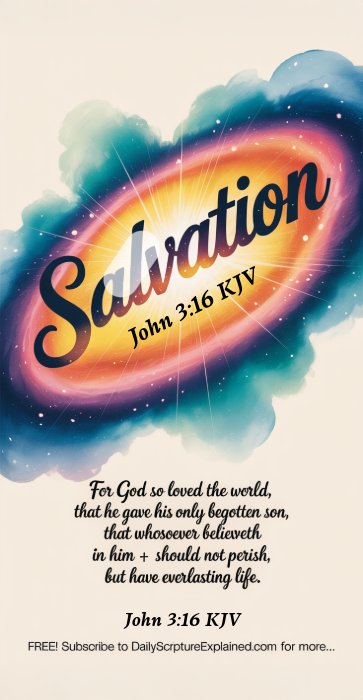
Alt tag: #Offer of Salvation John 315 Final
A CALL TO SALVATION:
John 3:16 “For God so loved the world, that he gave his only begotten Son, that whosoever believeth in him should not perish, but have everlasting life.”
Romans 10:9-10 9That if thou shalt confess with thy mouth the Lord Jesus, and shalt believe in thine heart that God hath raised him from the dead, thou shalt be saved. 10For with the heart man believeth unto righteousness, and with the mouth, confession is made unto salvation.
John 3:5-6 5Jesus answered, Verily, verily, I say unto thee, Except a man be born of water and of the Spirit, he cannot enter into the kingdom of God. 6That which is born of the flesh is flesh, and that which is born of the Spirit is spirit. 7
FREE! Join to hear from us. CONFIRM email and get updates FREE!
